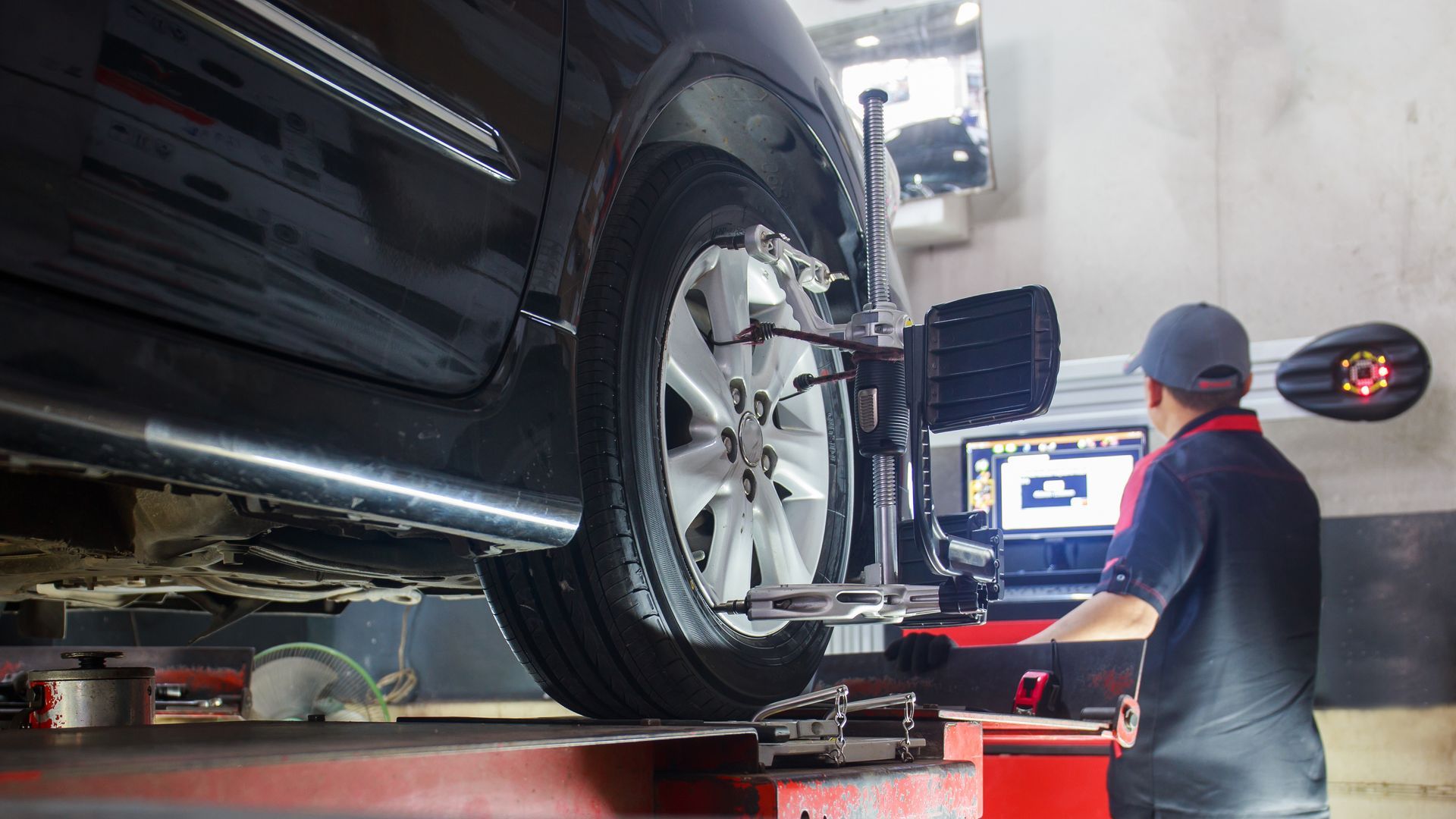Skipping an oil change may not seem like a big deal at first. After all, the car still runs, and the dashboard light might not even come on. But driving with old, dirty oil can quietly do a lot of damage to your engine over time. The oil in your car plays a much bigger role than just lubrication. It protects moving parts, keeps the engine cool, and helps remove contaminants that build up during combustion.
When oil changes are delayed too long, it can lead to problems that affect your car’s performance, fuel efficiency, and even its long-term reliability. Let’s take a closer look at what happens when you push your oil past its limits.
Engine Oil Breaks Down Over Time
As oil circulates through your engine, it’s constantly exposed to high heat, pressure, and contaminants like dirt, fuel particles, and moisture. Over time, the oil loses its ability to lubricate properly. It becomes thick and sticky, which makes it harder to flow through the engine.
When oil can’t flow as it should, parts start to rub against each other with more resistance. This increases heat and wear on internal components like pistons, camshafts, and bearings. Even high-quality synthetic oils have a limit. Once they degrade, they no longer protect your engine the way they’re supposed to.
Contaminants Build Up Inside the Engine
One of the key jobs of motor oil is to carry away tiny bits of metal, carbon, and debris produced during engine operation. This keeps the engine clean and prevents buildup in small oil passages and around critical parts. The oil filter helps remove much of this material, but filters also have a limited capacity.
If you skip too many oil changes, both the oil and the filter become saturated with contaminants. Sludge can form inside the engine, clogging passages and leading to poor lubrication. Eventually, this can restrict oil flow to key components and result in serious engine problems.
Reduced Fuel Efficiency and Performance
Old oil increases internal friction and makes it harder for the engine to run smoothly. As the oil thickens and loses its protective qualities, your car’s engine has to work harder to overcome that added resistance. This usually results in reduced fuel efficiency and less responsive acceleration.
Drivers often notice a drop in performance when the oil is overdue. The engine may sound rough, idle unevenly, or hesitate during acceleration. These symptoms may improve after a fresh oil change, but long-term neglect can cause permanent damage.
Excess Heat and Engine Overheating
Engine oil helps regulate temperature by carrying heat away from moving parts. When the oil becomes dirty or starts to break down, it can no longer absorb and distribute heat effectively. This can lead to rising engine temperatures and, in severe cases, overheating.
Overheating puts extreme stress on your engine and can cause damage to head gaskets, pistons, and even the cylinder head. If you notice the temperature gauge climbing or smell something burning, the engine may be running hotter than it should due to poor oil condition.
Shorter Engine Life and Higher Repair Costs
Perhaps the biggest risk of skipping oil changes is long-term engine damage. Components that don’t get proper lubrication wear out faster and are more likely to fail. Replacing parts like timing chains, lifters, or bearings can cost thousands of dollars. In some cases, a neglected engine may require a complete rebuild or replacement.
Regular oil changes are a relatively small investment that can help you avoid those costly repairs. Keeping your engine clean and well-lubricated is one of the best ways to extend the life of your vehicle.
How Often Should You Change Your Oil?
The right oil change interval depends on your vehicle, the type of oil you use, and your driving habits. Many modern vehicles using synthetic oil can go 5,000 to 10,000 miles between changes.
Always follow the manufacturer’s recommendations, and don’t ignore reminders on your dashboard or from your service technician. If you’re unsure whether your oil is overdue, a quick inspection or oil condition test can provide a clear answer.
Protect Your Engine with Service at Gulf Coast Auto Repair in Fort Myers, FL
At Gulf Coast Auto Repair in Fort Myers, FL, our technicians help you stay on top of vital maintenance like oil changes. Whether you’re due for routine service or worried that a delay might have caused damage, we’re here to inspect your vehicle, change the oil, and keep your engine running at its best.
Book your next oil change with us and drive confidently knowing your vehicle is protected.




